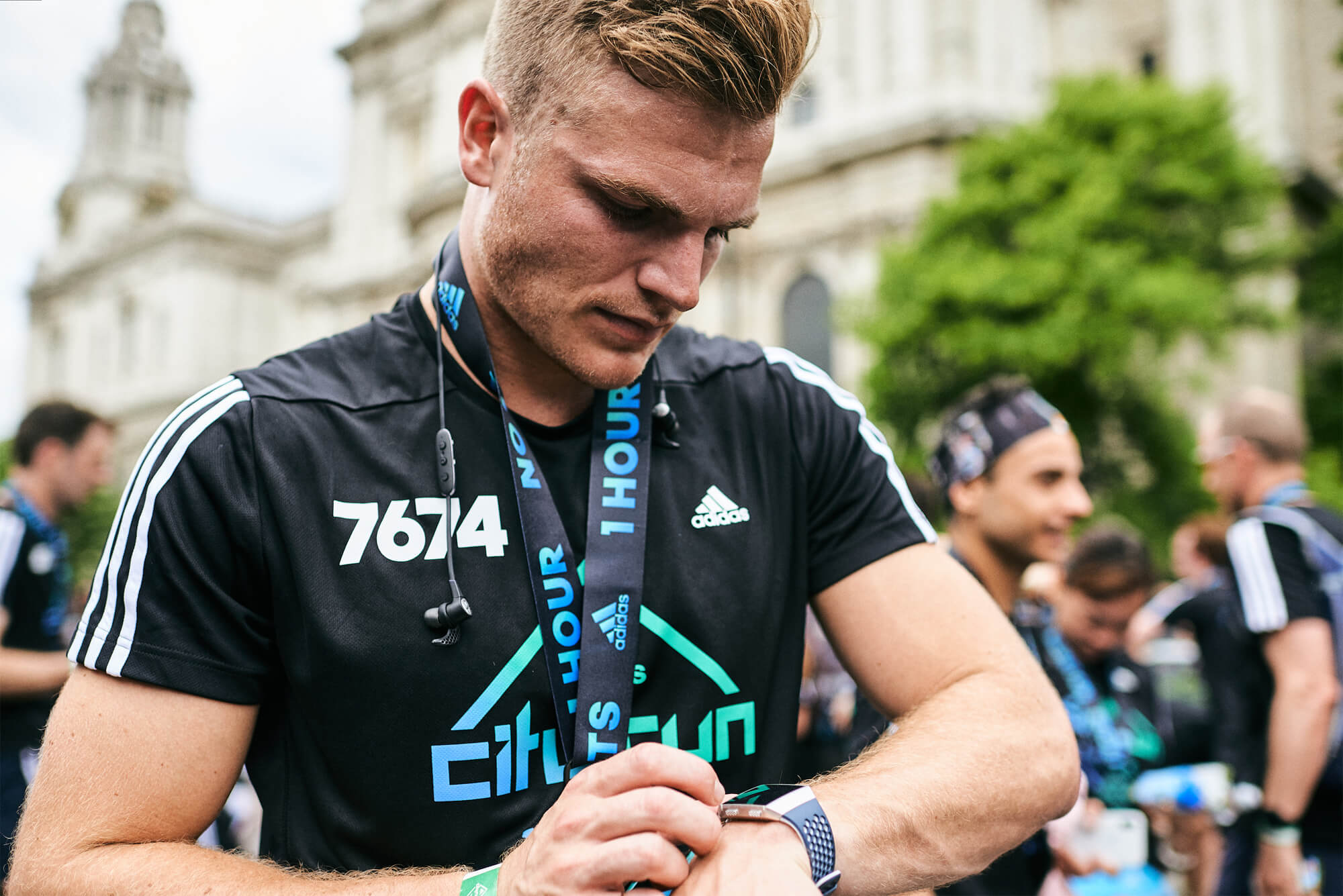
To support runners across the country, Holiday Inn (official hotel partner of the London Marathon) has developed an exclusive series of expert training tips, in partnership with renowned sleep expert Sammy Margo (published author and physio who has worked with Premier League teams) and leading mental performance coach Andy Barton (whose clients include top footballers, golfers and Olympians).
These tips have been developed to provide runners with valuable ‘Rest & Run’ insights for the body and mind, helping them navigate challenging training regimes and achieve their goals.
Below we have started you with a few exclusive tips, then over the next couple of days we will release Sammy’s full list of tips followed by Andy’s full list of tips.
Sammy Margo, Sleep Expert & Chartered Physiotherapist
Wake up well…
If you’re planning a morning run, it’s important to wake up feeling good. During the night you go through cycles of sleep, typically lasting between 90 and 110 minutes each, varying between light and deep sleep. It’s when your alarm wakes you from deep sleep that you feel groggy. Use apps or wearable technology to monitor your cycles so you can set your alarm to wake you when you’re in a light sleep and therefore more likely to feel refreshed and ready for an early morning run.
Understand your sleep states…
The first few hours of sleep before midnight are when you reach a deep slow-wave sleep, where tissues regrow, bone and muscles build and the immune system strengthens. So getting an early night after a big run is ideal recovery for your body. 
Andy Barton, Mental Performance Coach
Mental pain relief…
Pain is inevitable when putting your body through 26 miles of running, but there are ways you can minimise it. Firstly, changing the word from “pain” to something like “discomfort” or “a niggle” can make a real difference. Pain is highly subjective and we tend to feel it more if we expect to feel it. Secondly, when people experience pain they tend to let their heads drop, looking at the ground as they run. By doing this, you can end up focusing on the pain more. By keeping your eyes up and expanding your vision, you become more externally focused and it’s much easier to distract yourself from any niggles that may develop.
Fire up your imagination…
When we imagine performing a skill, we fire up an almost identical pattern of neural responses to when we are actually performing it. By imagining yourself in the process of running a marathon you can train your brain to be more prepared for the race, so it feels like it’s something you have already achieved. In fact, our imagination is so powerful that studies have shown that just mentally rehearsing a workout in the gym can increase your muscle mass. If you want to be fitter, faster and stronger on your run, try using a little imagination!
Stay in the present…
Athletes perform best when they are in a state of flow or “in the zone”; where running feels easy and effortless. We get in the zone when we are trusting our unconscious, learned skills without any self-consciousness, distractions, fears or concern. To achieve this, it is essential for the mind to be in the present, but instead marathon runners often find themselves worrying about how far they have to go or whether they have done enough training. If you focus on what is in front of you, enjoy the crowds, the atmosphere and even focus on your breathing, you are more likely to get into the zone and perform at your best.






